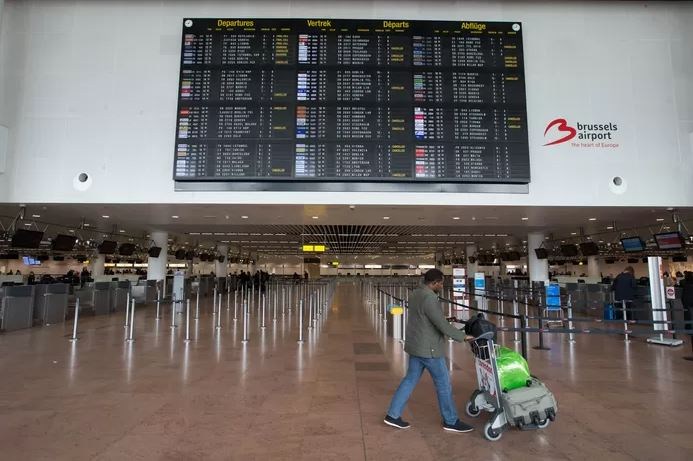The impact on the global economy of tourism crashing as a result of the coronavirus pandemic will be worse than initially expected, according to a United Nations report.
Travel between western countries may gradually be picking up, but international arrivals in developing countries where fewer people are vaccinated continue to be in decline. The direct impact on tourism and its ripple effect on other sectors linked to it could result in a $4 trillion (around €3.36 trillion) loss globally.
"The number of international tourist arrivals declined by 74% in 2020 compared with the previous year, whilst in many developing countries, arrivals were down by 80-90%," the United Nations Conference on Trade and Development (UNCTD) found.
The report pointed out that major restrictions on national and international mobility implemented by governments to protect their populations from the fast-spreading virus, as well as the customers' decision to limit international travel, resulted in a "sharp contraction for the tourism sector".
Last year, UNCTAD estimated that a four- to 12-month standstill in international tourism would cost the global economy between $1.2 trillion and $3.3 trillion, however, the losses are worse than previously expected, as international travel remains low, even 15 months after the pandemic started.
Related News
- Flemish residents can now travel to Spain without Covid test or certificate
- New Brussels Airport tool makes holiday departures easier and safer
- Belgium's free PCR tests for travellers can also be taken by GPs
The UNCTD found that the start of 2021 was even worse for many destinations, as the global average number of international arrivals further decreased by 88% in comparison with the pre-pandemic level.
"The indirect effects of this decline are even more devastating, as labour and capital remain unused and the lack of demand for intermediate goods and services has a negative upstream effect on many sectors," it warned.
A faint light at the end of the tunnel
The report noted that countries in the northern part of the world, where vaccination coverage is increasing (including Europe, the United Kingdom and the United States) may see a significant improvement in the coming seasons.
However, "in most developing countries, access to and distribution of vaccines is a limiting factor, and the virus continues to spread at an alarming rate in India, Brazil, and in many countries where tourism is important for people’s livelihood such as Maldives and Seychelles," the report read.
It stated that it is unlikely that tourism will bounce back to its pre-pandemic levels within a year or two, given these constraints.
"Tourism is a lifeline for millions, and advancing vaccination to protect communities and support tourism’s safe restart is critical to the recovery of jobs and generation of much-needed resources, especially in developing countries, many of which are highly dependent on international tourism," said World Tourism Organisation's Secretary-General Zurab Pololikashvili.

